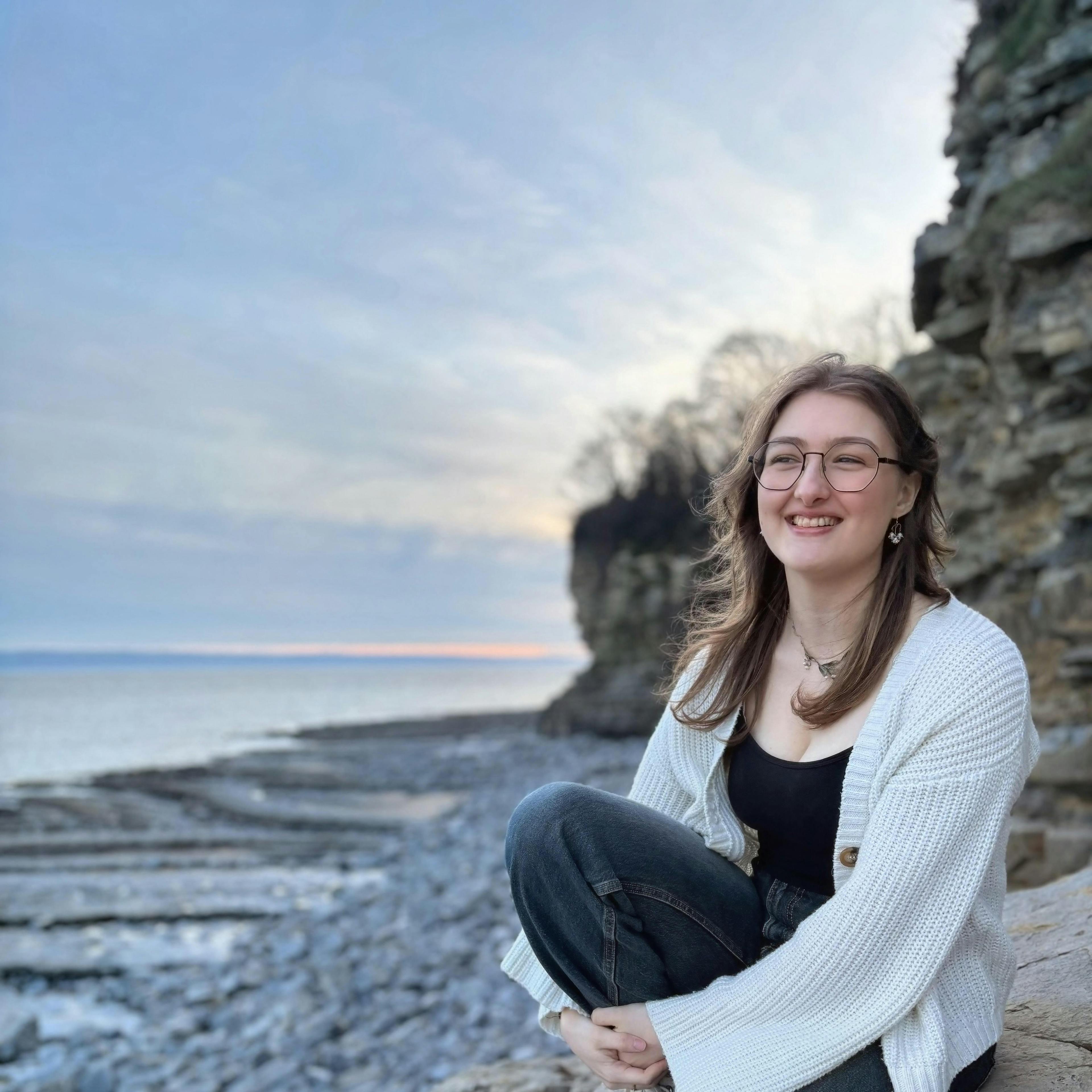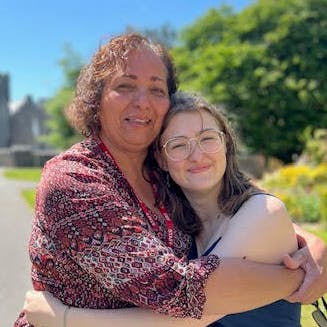
Devi
Meet Devi, whose journey from starry nights in Slovenia to a published physics paper shows her single-mindedness and passion for the cosmos.
Growing up on a rural farm in Slovenia, surrounded by meteor showers and crystal-clear skies, Devi’s fascination with the cosmos began early. That childhood wonder has since transformed into a groundbreaking academic pursuit culminating in the publication of her physics research paper on dark matter in one of the world’s most prestigious platforms for young scholars: the Pioneer Research Journal.
As part of the highly selective Pioneer Academics program, Devi was mentored by Professor David Kaplan, a renowned cosmologist from Johns Hopkins University in America. Within a global cohort of just four students, Devi chose to explore one of the universe’s most enigmatic forces - dark matter. Her research analyzed the subtle deviations in the orbits of stars near the Milky Way’s central black hole, using them to infer the presence and density of dark matter based on gravitational effects predicted by general relativity.
“It was overwhelming at first, I had no background in dark matter, but I wanted to make the most of the opportunity and push myself.”
The journey was anything but simple. When she discovered the necessary astronomical data wasn’t publicly available, Devi reached out directly to a PhD student in Spain and succeeded in accessing the observations she needed, demonstrating not only initiative but the collaborative spirit of real scientific research.
Devi’s work stood out. In a field of over 1,700 submissions during the 2024 academic year, Devi’s paper was nominated for the Pioneer Research Journal, an international publication showcasing original undergraduate-level research, where only 5.8% of submissions receive this nomination, making it an extraordinary distinction.

The journal’s selection process is rigorous: Pioneer Academics conducts a double-blind review through a multidisciplinary panel of over 40 college faculty members. In parallel, teachers are asked to assess how far each student went beyond the academic resources typically available in their educational context. This equity-focused approach recognises not just academic excellence, but also intellectual courage and determination, qualities Devi displayed in abundance.
Her research has been accepted for publication—an astounding feat for a high school student as only 1.5% of submissions are published. Next year, Devi will begin her studies at Harvard University on a full scholarship, where she plans to pursue a degree in physics with aspirations toward a PhD in theoretical or particle physics.
Reflecting on her two years at UWC Atlantic, Devi credits the College’s unique academic atmosphere and her mentors, especially science and astronomy teachers: Martin, Sov and Valentina for their encouragement and belief in her.
“Here, learning isn’t just about passing exams, it’s about discovery, about understanding the universe,” she says. “Coming to UWC Atlantic changed my life. It gave me the freedom and support to dream far beyond what I thought was possible when I first studied the night sky in Slovenia.”